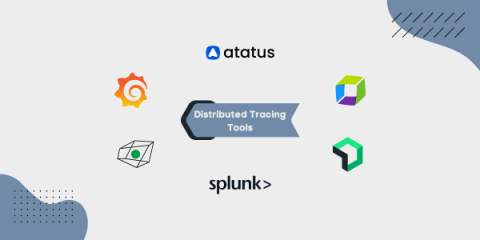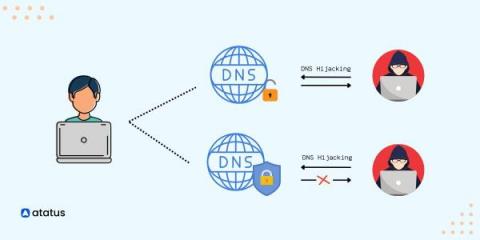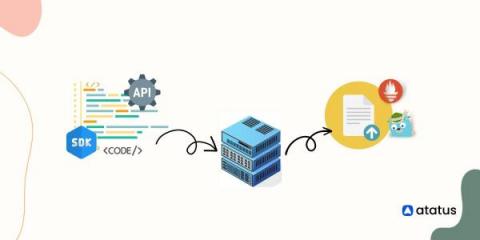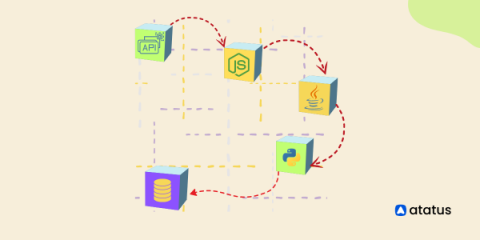8 Top Status Page Tools: Keep Your Users Informed and Your Services Up
Free status page tools and open source status page tools became a valuable tool to keep users on track with the status of tasks and problems. However, countless self hosted, accessible, and open source status page platforms are available. Open source status page tools are crucial for notifying internal employees of threats and connecting with end users.











